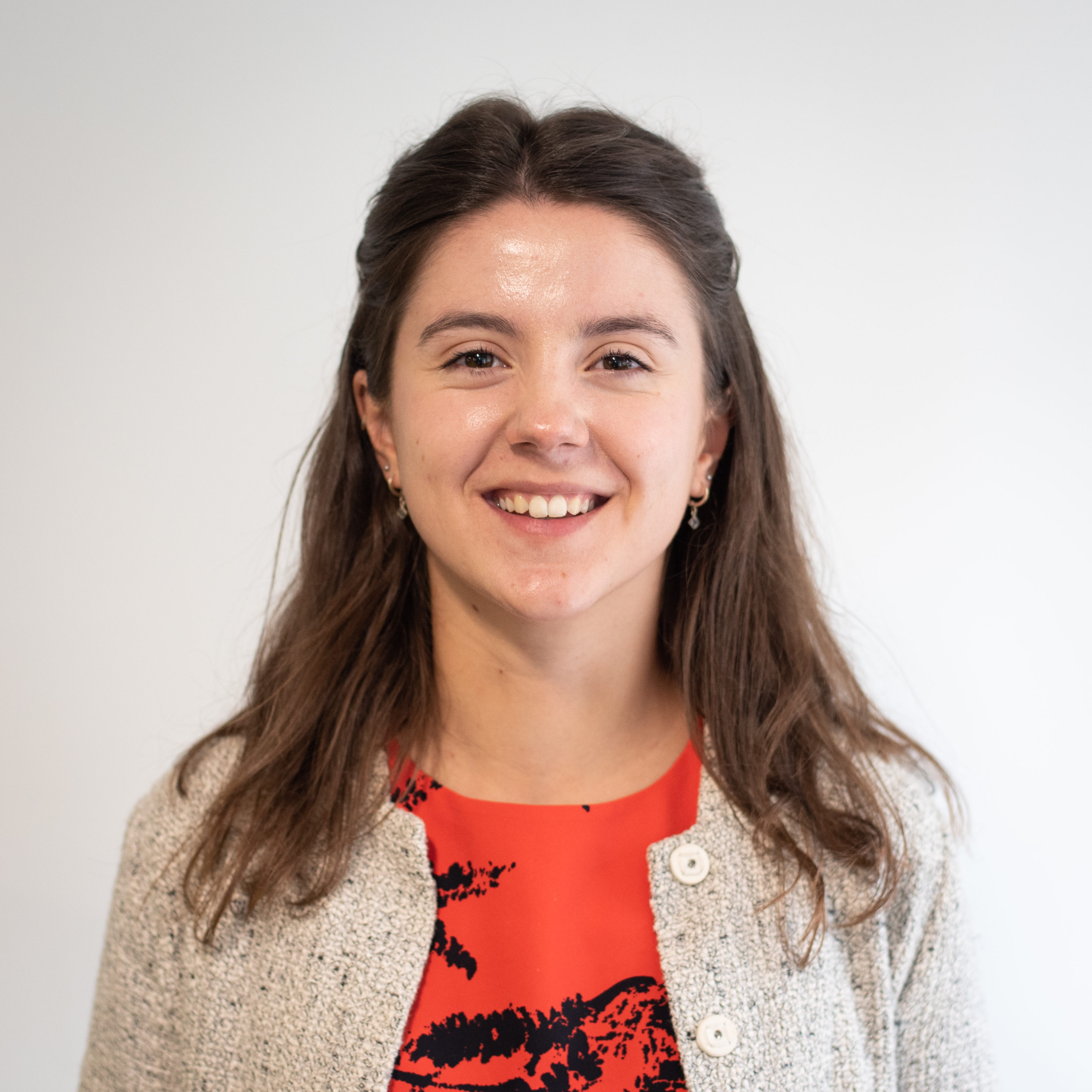

For International Women in Engineering Day 2021, we spoke to a number of selected women to learn more about their journey within the industry. Today, we speak to Marie Godward, Graduate Transport Planner at Mott MacDonald and Researcher for the Gender Equality Toolkit In Transport.
During my undergraduate degree, I studied a module run by the Institute for Transport Studies (ITS) at the University of Leeds and from that point on I knew I had found a subject that I was really interested in and felt passionate about. I then went on to study for a master’s degree at ITS and I had such a great year learning about all things transport. The year really set me up well for a career in the sector and after attending a number of different talks from the school's alumni I then decided that becoming a Transport Planner would be a good option for me as the role offered a broad range of project possibilities.
I love the fact that no two days are the same. I have had the chance to work on projects ranging from major national infrastructure schemes to ones that focus on one tiny specific junction in a town. I am also passionate about environmental issues and promoting and enabling transport accessibility for all and I like the fact that as a transport planner you have real scope to influence these areas. Some of the work can be challenging but ultimately a lot of it helps make a positive difference in people’s quality of life and that is what spurs me on.
I love the fact that no two days are the same. Some of the work can be challenging but ultimately a lot of it helps make a positive difference in people’s quality of life and that is what spurs me on.
I have fortunately not faced any challenges on the road to becoming a transport planner.
Transport systems are often incorrectly perceived to be gender-neutral and they will only become gender-responsive and inclusive when the voices, perspectives and lived experiences of all women are taken into consideration. For that to happen it is essential that there are more women in the industry to bring in that diversity of thought which helps to bring about better transport systems for all.
Transport systems are often incorrectly perceived to be gender-neutral and they will only become gender-responsive and inclusive when the voices, perspectives and lived experiences of all women are taken into consideration
There is a lot of work that needs to be done to get more women into the industry and ultimately companies and organisations need to work on changing the perception that jobs in the industry are mainly for men because valuable talent is being lost. They need to highlight the range of jobs offered by the industry and the diverse range of projects that we all work on. Doing outreach events with schools, colleges and universities also helps to spread information and raise awareness on the range of roles available and hopefully inspire the next generation of transport workers. Companies also need to work on removing gender bias from their job adverts and recruitment processes which may lead to some individuals not applying for positions. Offering flexible working arrangements and supporting individuals returning to the sector after a career break will also help to attract and retain women in the industry in the long term.
Jane Jacobs the urbanist and activist is the first hero that sprung to my mind. Her book “The Death and Life of Great American Cities” is an urban planning blueprint and the principles it presents are still used in the sector to date. She was a huge advocate of community-led planning and stated that “Cities have the capability of providing something for everybody, only because, and only when, they are created by everybody.” In a male-dominated industry, Jacobs led campaigns on urban planning issues in New York even in the face of strong opposition.
There is a lot of work that needs to be done to get more women into the industry and ultimately companies and organisations need to work on changing the perception that jobs in the industry are mainly for men because valuable talent is being lost.
Becoming a transport planner or completing a transport qualification right now is a great career option as sustainable, equitable mobility and transport innovations are a key part of the ongoing environmental and COVID recovery discussions taking place around the world. There are also so many career paths and specialisms within the transport sector, so there is most likely something that will appeal to your interests and skill set.
Marie is part of the team who have developed the Gender Equality Toolkit In Transport (GET IT) a finalist in this years The Future Transport Visions Group competition.
The Future Transport Visions Group is an annual research and development competition funded by the Rees Jeffreys Road Fund that encourages early career professionals across the transport industry to explore the challenges and opportunities posed by ongoing changes in the world around them.
For more information visit here.
To see if the Gender Equality Toolkit is successful, secure your place on the FTVG Project Showcase and Awards event July 6th by visiting here.

References
The opinions expressed are those of the author. They do not purport to reflect the opinions or views of the CIHT or its members. Neither the CIHT nor any person acting on their behalf may be held responsible for the use which may be made of the information contained therein.